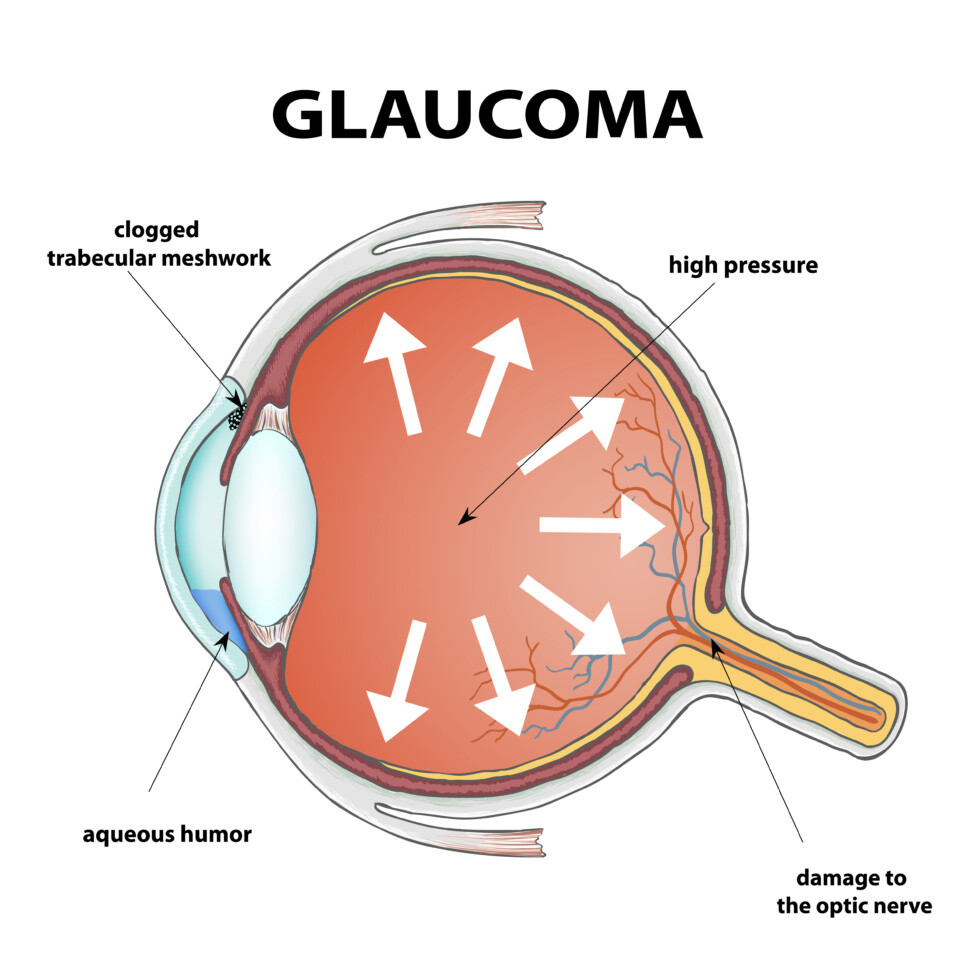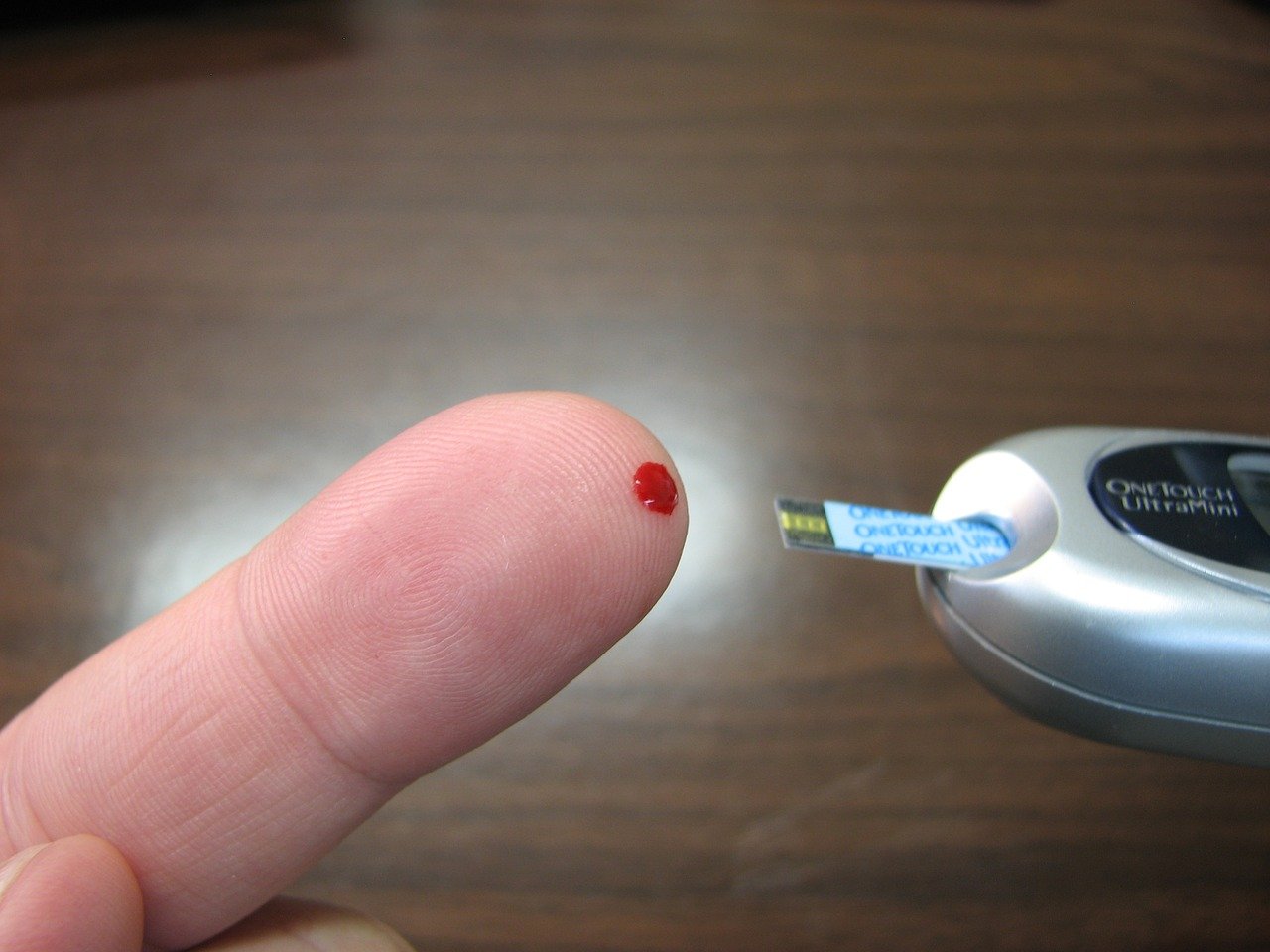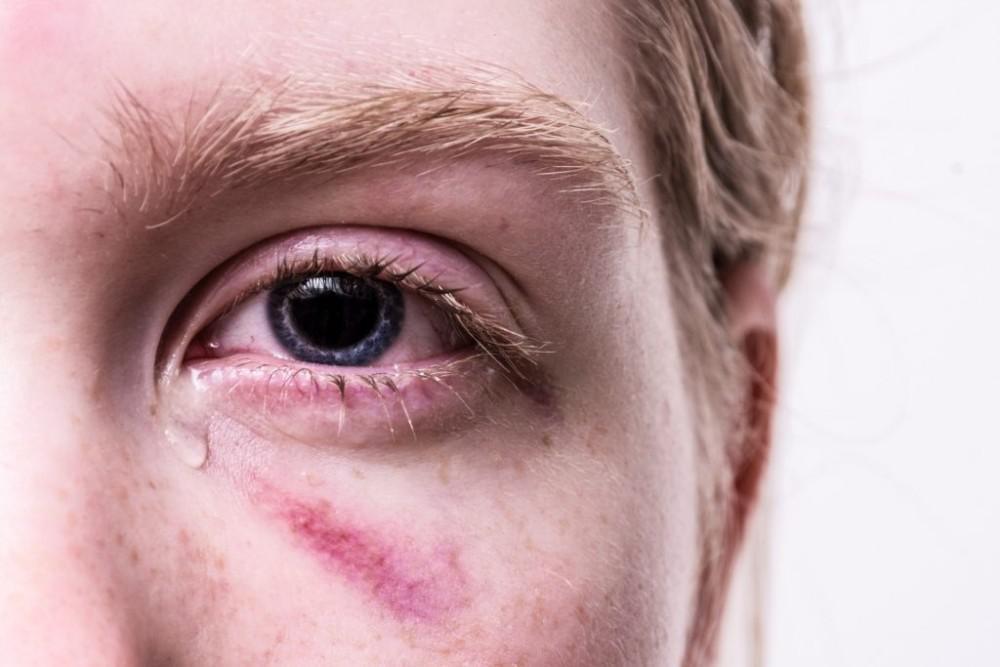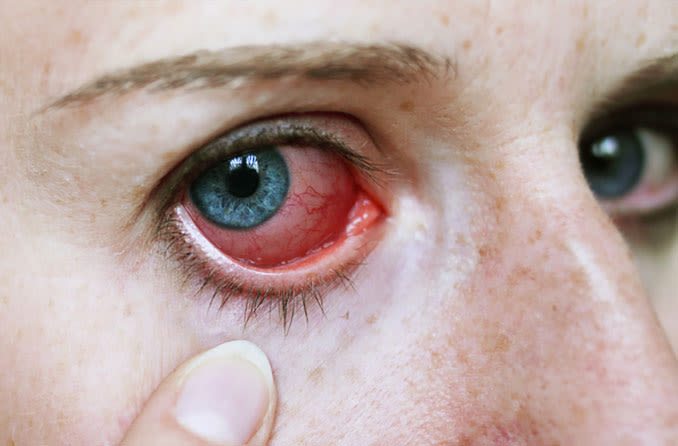Shree Ramakrishna Netralaya (Vashi)
Shah Signature, Above Starbucks, Sector 17,
Vashi, Navi Mumbai - 400705
+91 98198 60879 | [email protected]
Appointment Times
Monday - Saturday :
11:00 am to 07:00 pm
Dr. Vijay Shetty Eye Specialist
Shah Signature, Above Starbucks, Sector 17,
Vashi, Navi Mumbai - 400705
+91 98198 60879 | [email protected]
Monday - Saturday :
11:00 am to 07:00 pm

Shah Signature, Above Starbucks, Sector 17,
Vashi, Navi Mumbai - 400705 +91 98198 60879 | [email protected]
Monday - Saturday :
11:00 am to 07:00 pm

Glaucoma is a disease of the eye, wherein optic nerve is damaged due to increase in eye pressure. Normal eye pressure is between 10-20mm of mercury, pressure above 20 increases the risk of optic nerve damaged leading to Glaucoma.
Most often glaucoma has no symptoms in the early stage of the disease hence it is referred to as Silent thief of vision. Normally it effects the peripheral vision first and progresses towards the central vision
If left untreated, glaucoma will eventually cause blindness. Even with treatment, about 15 percent of people with glaucoma become blind in at least one eye within 20 years.
Most common cause of glaucoma is advancing in age, The risk of having glaucoma increases 3-4 folds if first degree relative is affected by glaucoma. At the age of 40 the prevalence of glaucoma in general population is 1%, which increases to 2% at 50 and 3% at 60 yrs of age. People with higher power +/- in their spectacles are at high risk for developing glaucoma other reasons are, injury to the eye, use of steroids in any form (eye drops, ointment, steroid tablets, steroid injections, steroid inhalers and other dieases of the eye like Uveitis etc.
Early diagnosis of glaucoma is usually done by undergoing eye examination by an eye specialist. The eye specialists checks eye pressure, angle of the anterior chamber and optic nerve appearance to look for evidence of glaucoma, further tests like perimetry (field of vision) and OCT for Optic nerve analysis are done to confirm the diagnosis of Glaucoma
Glaucoma is a very slowly progressing disease, diagnosis of glaucoma is not as straight forward as other diseases, both over diagnosis and under diagnosis is common, according to AAO (American academy of ophthalmogy) 50% of patients with early glaucoma go undiagnosed and 50% of patients on anti-glaucoma medication do not need treatment, so hence the diagnosis of glaucoma may need more than 1 visit and certain tests in border line cases. Optic nerve damage leading on to loss in vision in glaucoma is not reversible but its further progression can be halted by controlling the eye pressure.
Hence it is very crucial to diagnose the disease at an early stage. Yearly eye screening after the age of 40 by an eye specialist can help in early diagnosis of glaucoma.

Over use of steroids in an form is very harmful to our body as it has very severe complications from heart failure to liver and eye diseases.

Experts say more than 90 percent of eye injuries can be prevented by simply taking a few precautions and wearing safety glasses.

Uveitis in otherwise healthy people is difficult to prevent since the cause isn't known. Early detection and treatment are important to reduce the risk of vision loss, which can be permanent.
Galucoma occurring after the age of 40 is either Open angle Glaucoma or Closed angle glaucoma. In open angle glaucoma the angle through which the fluid inside the eye is drained out is open however there is an increase in resistance in the outflow of the fluid. In angle closure of glaucoma the drainage angle is closed and hence the pressure is very high compared to the open angle glaucoma. Vision loss in angle closure glaucoma is faster than open eye glaucoma. In very rare cases glaucoma can be present at birth (Congenital glaucoma) or at an early age around 12-20 years (Juvenile open angle glaucoma)
The first line of treatment for open angle glaucoma is anti glaucoma medication in the form of eye drops, specific laser called SLT (Selective laser trabeculoplasty) is done in open eye glaucoma, if the above treatement fails then surgery in the form of trabeculectomy or tube implant is done.
In closed angle glaucoma, the first line of treatment is laser in the form of YAG laser Iridotomy is done, further line of management is similar to opne eye glaucoma
Take Action to Prevent Vision Loss :